
Compose-Craft
Compose craft is a tool to help you manage, edit and share docker compose files with a clean and intuitive GUI.
Browse our large and growing catalog of applications to run in your Unraid server.

Compose craft is a tool to help you manage, edit and share docker compose files with a clean and intuitive GUI.
A tool to help you manage, edit and share docker compose files in a GUI way.

CompreFace (CPU) is a leading free and open-source face recognition system You can choose between different Builds FaceNet(default), (compreface:0.6.1) - For general purposes. Support CPU without AVX2 Arcface-R100, (compreface:0.6.1-arcface-r100) - The most accurate model, but the most slowest MobileNet, (compreface:0.6.1-mobilenet) - The fastest model among CPU only models More Infos: https://github.com/exadel-inc/CompreFace/blob/master/custom-builds/README.md Database by default this App install a PostgresSQL Server. The Data are stored in the given Appdata Folder. If you allready have your own Postgres Server running, you can setup a external Server. 1. Click on "Show more settings" 2. Enter the Username and URL of your PostgresSQL Server. Note: The User has to be SuperUser Rights 3. Set the Variable EXTERNAL_DB to "True" The URL should look like this: jdbc:postgresql://IP:PORT/DATABASENAME like: jdbc:postgresql://192.168.1.254:5432/compreface

CompreFace is a leading free and open-source face recognition system 1. Install Unraid Nvidia Plugin (available in the community apps store): https://forums.unraid.net/topic/98978-plugin-nvidia-driver/ 2. You can choose from different GPU Builds: Arcface-R100-GPU, (compreface:0.6.1-arcface-r100-gpu) - The most accurate model MobileNet-GPU, (compreface:0.6.1-mobilenet-gpu) - The fastest model More Infos: https://github.com/exadel-inc/CompreFace/blob/master/custom-builds/README.md Database Configuration by default this App install a PostgresSQL Server. The Data are stored in the given Appdata Folder. If you allready have your own Postgres Server running, you can setup a external Server. 1. Click on "Show more settings" 2. Enter the Username and URL of your PostgresSQL Server. Note: The User has to be SuperUser Rights 3. Set the Variable EXTERNAL_DB to "True" The URL should look like this: jdbc:postgresql://IP:PORT/DATABASENAME like: jdbc:postgresql://192.168.1.254:5432/compreface

Compressarr is an application to take a filtered set of media from Radarr or (eventually) Sonarr and process it with customisable FFmpeg presets. It will even attempt to find the best settings for each video. The default version is the Alpine version supporting limited Intel hardware support. For Nvidia Cuda encoding use the Nvidia (tag) version which is 1.4GB using the Ubuntu Core.
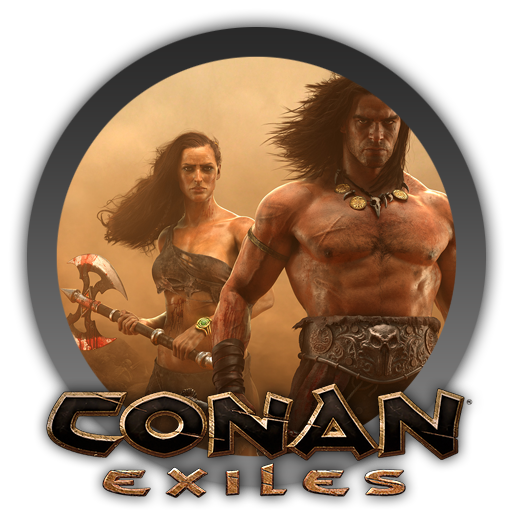
This Docker will download and install SteamCMD. It will also install Conan Exiles and run it. Servername: 'Docker ConanExiles' Password: 'Docker' rconPassword: 'adminDocker' ATTENTION: First Startup can take very long since it downloads the gameserver files! Update Notice: Simply restart the container if a newer version of the game is available. You can also run multiple servers with only one SteamCMD directory!
A simple self-contained Rust-based Matrix server. Fully configurable with Environment Variables! (Beta) Check Support Thread for NGINX conf. Conduit is Beta, meaning you can join and participate in most Matrix rooms, but not all features are supported and you might run into bugs from time to time. Conduit is a lightweight open-source server implementation of the Matrix Specification with a focus on easy setup and low system requirements. That means you can make your own Conduit setup in just a few minutes. Conduit keeps things simple, it's a single binary with an embedded database and can be much faster than other server implementations in some cases.

CA Config Editor is a simple file editor for advanced users that will allow you to edit within your browser any of unRaid's configuration files (or any file on your server - useful for easily editing application's appdata config files without utilizing the command prompt)
Keep your Unraid configuration files synced with Mega.nz /boot/config/ volume is by default mounted as read-only to avoid data loss. PLEASE USE WITH CAUTION!!
Downloaders, Media Servers, Video, Other, Productivity, Tools / Utilities, Utilities
A powerful configuration and synchronization tool designed specifically for Sonarr v4 and Radarr v5. It streamlines the process of managing custom formats and quality profiles by automatically synchronizing settings from TRaSH Guides while supporting additional customizations.
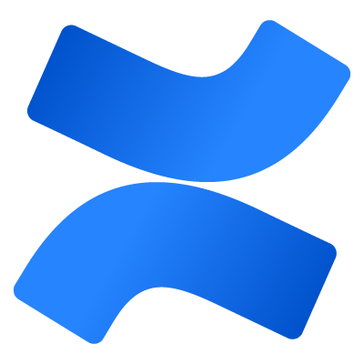
Official Confluence-Server Docker Image
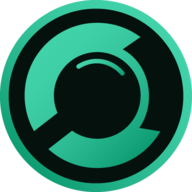
Conreq, a Content Requesting platform. More configuration options available on Github
Container Port Manager

Puts Docker Containers to sleep and wakes them back up when they're needed. Written in Node.js, this application acts as a HTTP reverse proxy and stops Docker containers which haven't been accessed recently and starts them again when a new request comes in. ContainerNursery also makes sure there are no more active WebSocket connections before stopping the container. To improve the user experience a loading page is presented, which automatically reloads when the containers webserver is ready.

controlrd is a companion plugin for the ControlR app.
Media Applications, Other, Other, Productivity, Tools / Utilities, Utilities
A self-hosted online file converter. Supports over a thousand different formats.
Convos is the simplest way to use IRC and it is always online
CookieCloud is a small tool that synchronizes cookies with a self-hosted server. It can synchronize browser cookies and local storage to mobile devices and the cloud. It supports end-to-end encryption and can set synchronization intervals.
CoolerControl is a feature-rich cooling device control and monitoring application for Linux. This container is an unofficial version that runs it in Docker. It is recommended you run CoolerControl in privileged mode initially to allow it to discover devices on your system. Once you know the devices and the locations it lists when you select them, you can mount them to this container and disable privileged mode. To monitor drive temperatures in CoolerControl, you need to enable a kernel module on your Unraid system that reports the drive temperatures to HWMon, which CoolerControl uses to get system information. To enable the module, run "sudo modprobe drivetemp" in your Unraid system's console. I recommend setting up a user script that runs this command when your array starts. If your system has Nvidia GPUs, you can allow CoolerControl to access them by adding "--runtime=nvidia --gpus=all" to the extra parameters for the container under the advanced view configuration. I currently haven't found a way to allow CoolerControl to control GPU fans without leaving the container in privileged mode. If your system fans are not showing up, you can try installing the ITE IT87 Driver plugin.

This package contains the Coral Accelerator Module Drivers and installs them to utilize them in your Docker containers. Only necessary for PCI based Coral TPUs!

This package contains the Coral Accelerator Module Drivers (for PCI based TPUs) and installs them to utilize them in your Docker containers. Only necessary for PCI based Coral TPUs!
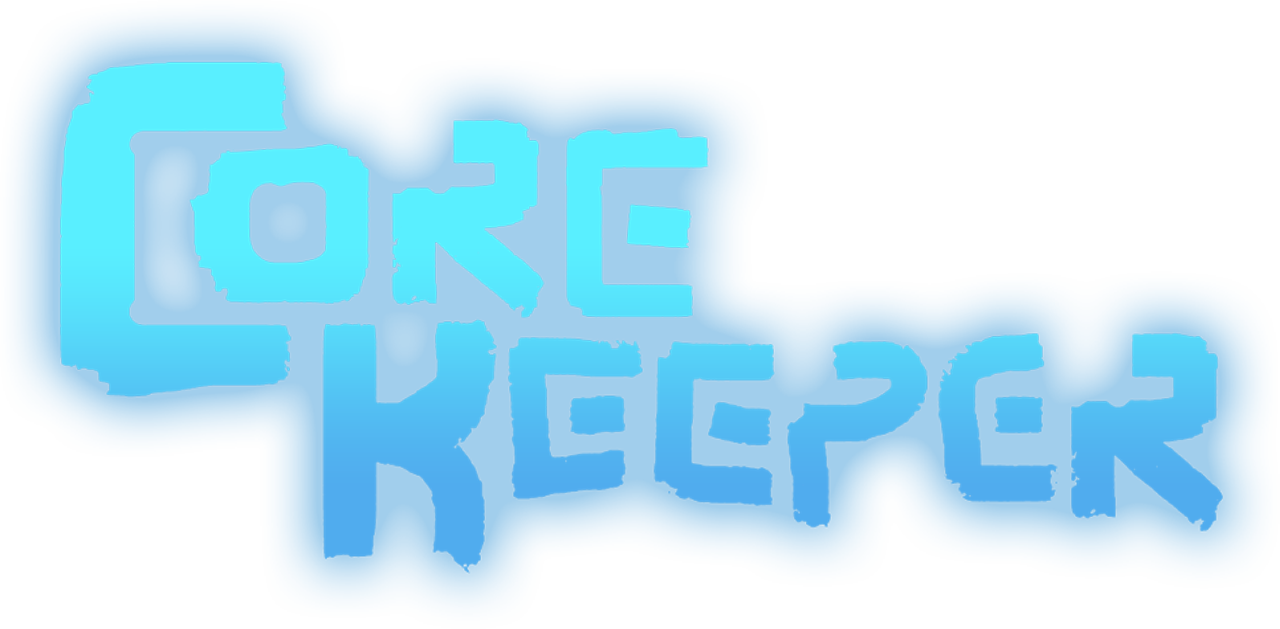
Docker file for the new Core Keeper dedicated server running from SteamCMD. (No account etc needed) If your files do not load please check https://github.com/escapingnetwork/core-keeper-dedicated/issues/5
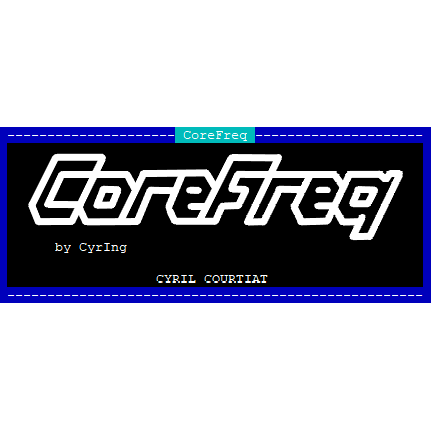
CoreFreq is a CPU low level monitoring software designed for x86_64-Processors. You can show Package and Core temps, Hot sensor, Vcore, RAM,... You can also toggle SpeedStep, Clock modulation, Turbo boost, C-States demotion, C1E,... It has also a built in stress test and much, much more. Visit the plugin page after installing and follow the instructions. Open up a unRAID Terminal and type in 'corefreq-cli' (without quotes), hit "F2" or "SPACE" to open up the menu inside CoreFreq. Please note that not every combination of CPU and motherboard is supported! Intel Systems: It is recommended that you append 'nmi_watchdog=0' (without qutoes) for better accuracy to your syslinux configuration (this is only recommended if you are using it directly on Unraid with a physical monitor and keyboard attached, if are using it over SSH it's not necessary because of the added network delay). You can get more details here: https://github.com/cyring/CoreFreq ATTENTION: If you experience any rendom crashes of Unraid or a crash when installing the plugin please make a short post in the support thread and also put you Diagnostics (Tools -> Diagnostics -> Download -> drop the downloaded zip file in the text box) in the post. WARNING: KEEP IN MIND, FREQUENCIES/CORE RATIOS ARE APPLIED IN REAL TIME, PLEASE ONLY CHANGE THE VALUES IF YOU KNOW WHAT YOU ARE DOING!!!
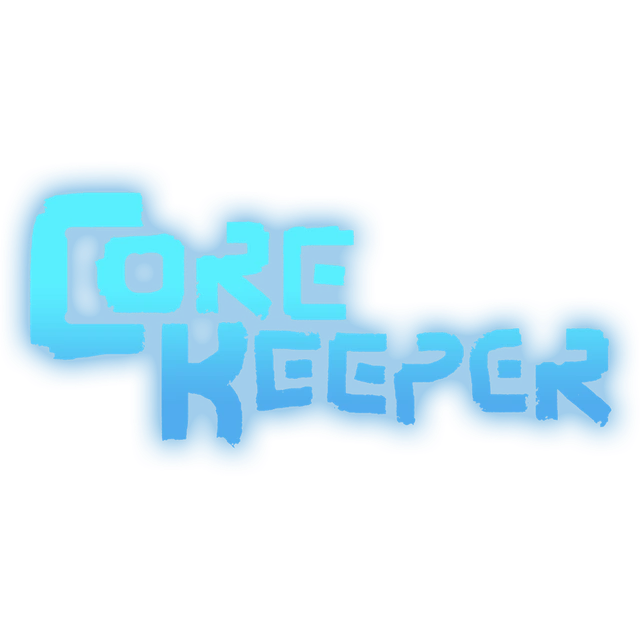
This Docker will download and install SteamCMD. It will also install CoreKeeper and run it. GameID: Your GameID will be displayed in the log after the server successfully started. Port Forwarding: You don't have to forward any ports for this game because it uses the Steam Network and the GameID establish the connection. ATTENTION: First Startup can take very long since it downloads the gameserver files! Update Notice: Simply restart the container if a newer version of the game is available. You can also run multiple servers with only one SteamCMD directory!
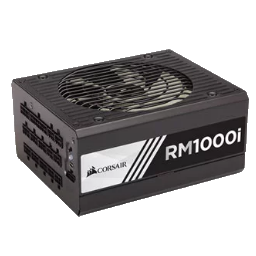
A plugin that reads the statistics from Corsair PSU's with a USB port and displays them in the dashboard.
A plugin that reads the statistics from supported Corsair PSUs with a USB port and displays them in the dashboard.
Coturn TURN Server is a VoIP media traffic NAT traversal server and gateway. It can be used as a general-purpose network traffic TURN server and gateway, too.

CouchDB offical docker image Apache CouchDB has a document-oriented NoSQL database architecture and is Open Source.

CouchDB docker image for v2.x Apache CouchDB has a document-oriented NoSQL database architecture and is Open Source.

Couchpotato(https://couchpota.to/) is an automatic NZB and torrent downloader. You can keep a movies I want list and it will search for NZBs/torrents of these movies every X hours. Once a movie is found, it will send it to SABnzbd or download the torrent to a specified directory.